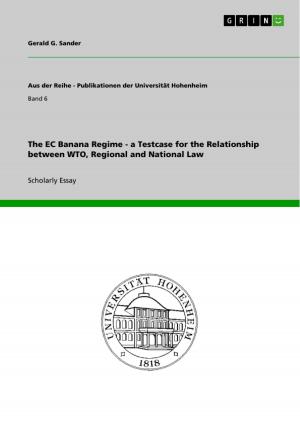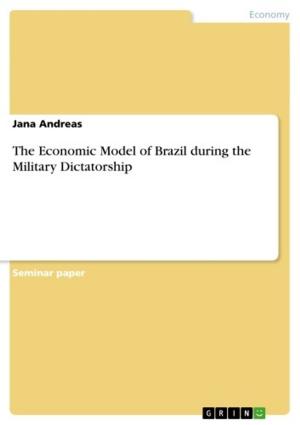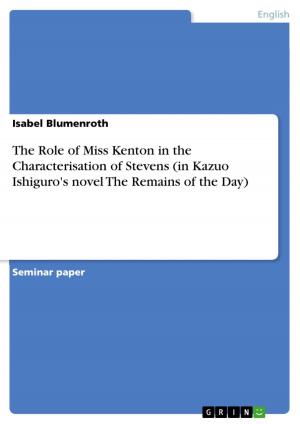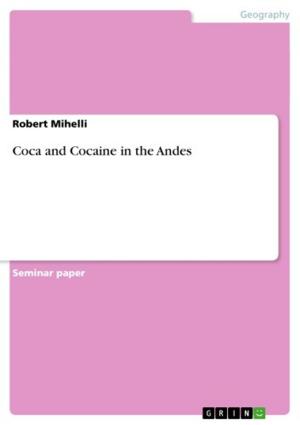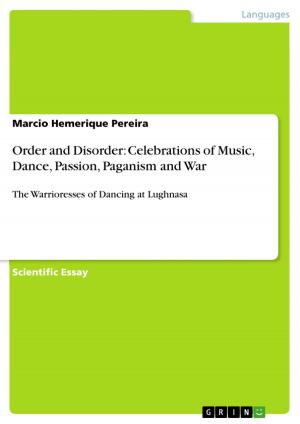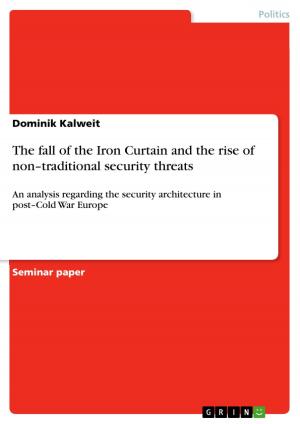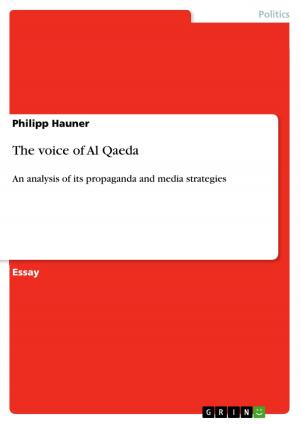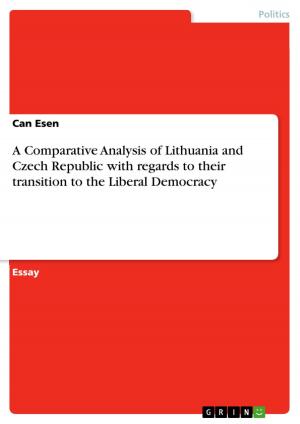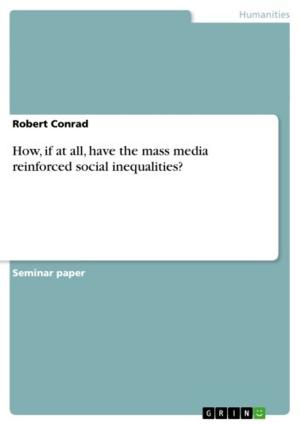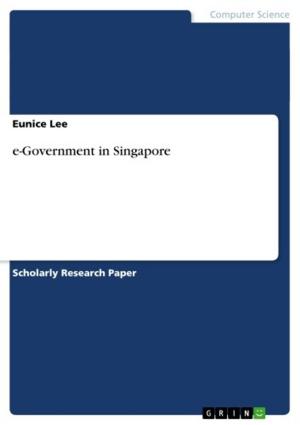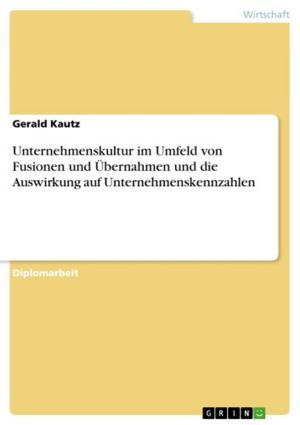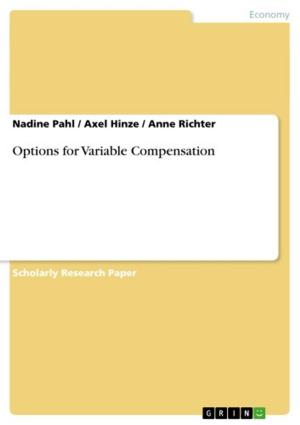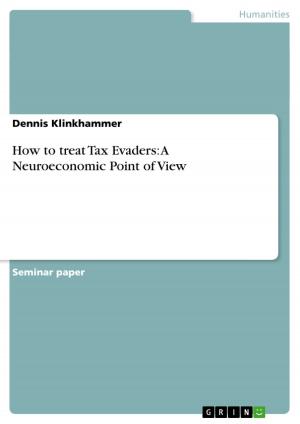| Author: | Nina Eckert | ISBN: | 9783640169887 |
| Publisher: | GRIN Publishing | Publication: | September 18, 2008 |
| Imprint: | GRIN Publishing | Language: | English |
| Author: | Nina Eckert |
| ISBN: | 9783640169887 |
| Publisher: | GRIN Publishing |
| Publication: | September 18, 2008 |
| Imprint: | GRIN Publishing |
| Language: | English |
Essay from the year 2002 in the subject American Studies - Culture and Applied Geography, grade: 2,00, University of Regensburg (Institut für Anglistik und Amerikanistik), course: Hauptseminar US Foreign Policy, 14 entries in the bibliography, language: English, abstract: With the End of the Cold War, the world should become safer. But instead of a more peaceful decade, the years following the Fall of the Berlin Wall were characterized by the same issues as before, like international terrorism or the endangered environment. More dangerously, new, more alarming problems emerged, such as nuclear capability of rogue states and exceedingly brutal local rivalries, where the most powerful nations of the world were seemingly helpless and sometimes experienced a nightmare, like the UN mission in Somalia. The first crisis in the Post- Cold War Era was the Persian Gulf War, where for the first time the U.S. President was able to act without paying too much attention to Russia. On the other side, he was aware of the need of consultation with other states. So Bush was wise enough to avoid the same mistakes other American presidents had done before him, e.g. Lyndon Johnson in the Vietnam War. Attention shall be given not only to the war`s aftermath, neccessity and success but also to its significance for U.S. foreign policy at the beginning of the Post-Cold War Era. [...]
Essay from the year 2002 in the subject American Studies - Culture and Applied Geography, grade: 2,00, University of Regensburg (Institut für Anglistik und Amerikanistik), course: Hauptseminar US Foreign Policy, 14 entries in the bibliography, language: English, abstract: With the End of the Cold War, the world should become safer. But instead of a more peaceful decade, the years following the Fall of the Berlin Wall were characterized by the same issues as before, like international terrorism or the endangered environment. More dangerously, new, more alarming problems emerged, such as nuclear capability of rogue states and exceedingly brutal local rivalries, where the most powerful nations of the world were seemingly helpless and sometimes experienced a nightmare, like the UN mission in Somalia. The first crisis in the Post- Cold War Era was the Persian Gulf War, where for the first time the U.S. President was able to act without paying too much attention to Russia. On the other side, he was aware of the need of consultation with other states. So Bush was wise enough to avoid the same mistakes other American presidents had done before him, e.g. Lyndon Johnson in the Vietnam War. Attention shall be given not only to the war`s aftermath, neccessity and success but also to its significance for U.S. foreign policy at the beginning of the Post-Cold War Era. [...]

